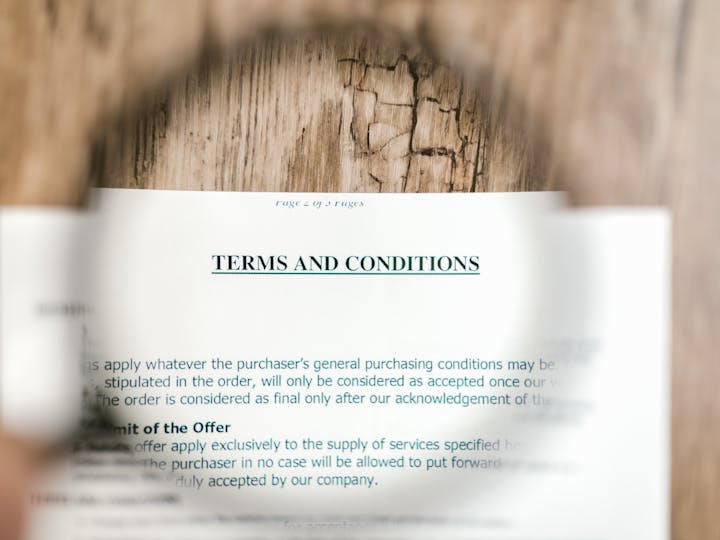How Regulation Shapes Fairness Across Industries

Regulation often gets a bad rap—bureaucracy, red tape, and endless compliance checklists. But strip away the paperwork, and you’ll find a deeper purpose: ensuring that no one player can bend the rules at everyone else’s expense.
From financial oversight to regulated casino markets, fair governance is essential for building trust in society. Without it, markets skew, consumers suffer, and the gap between winners and losers yawns ever wider.
In finance, think back to the 2008 crash. Banks leveraged so recklessly that when markets turned, Main Street got crushed. Enter Dodd-Frank: a sweeping overhaul that forced big banks to keep more capital on hand, curbed risky trading, and subjected shadow banks to federal scrutiny. Ten years on, serious bank failures are rare. That’s no coincidence—it’s a direct payoff of tighter oversight.
Yet regulation isn’t just about punishing the titans. It’s also about empowering the small players.
Consider credit unions and community banks: they operate under rules calibrated for their size, encouraging them to serve local customers rather than chase exotic derivatives. This tiered structure preserves competition, which in turn keeps prices low and prevents a repeat of what happened with the Ma Bell telephone monopoly, which let certain towns go unserved.
Beyond Banking—Patents, Pharmaceuticals, and Fair Play
Regulation’s reach extends into tech and health care, too. Patent offices grant exclusive rights for a limited period, coaxing inventors out of the labs and into the marketplace—while preventing perpetual monopolies on life-saving medications. The Hatch-Waxman Act of 1984, for instance, cut the time it takes for generic drugs to reach pharmacy shelves by half, saving consumers nearly $23.5 billion from 2019 to 2020.
And yes, even slot machines and blackjack tables rely on rule books. Regulated casino markets channel billions in tax revenue— Nevada alone generated over $1.2 billion in gaming taxes in 2023—while ensuring that odds remain transparent and operators don’t rig the house. It might seem odd to lump Vegas with Wall Street, but both need guardrails. One shady insider trade or loaded deck can undermine public confidence in the entire system.
Why do we tolerate the occasional paperwork headache? Because regulation, when thoughtfully designed, enshrines a bargain: you give up a sliver of freedom—fewer loan options, stricter reporting—in exchange for a level playing field.
It’s not perfect; red tape can balloon, and lobbyists often muddy the waters. But without these guardrails, life feels more like a brawl than a measured contest.
It’s a principle that can even be baked into a business’s core, like when affiliate marketing platforms use device fingerprinting and behavioral analytics to verify every click and prevent bot farms from bleeding budgets dry.
Final Thoughts
Sometimes you don’t appreciate the rules until you see the wreckage left behind.
Of course, striking the right balance is an endless dance. Are regulations too lax? Risk soars. Too strict? Innovation stalls. The sweet spot lies somewhere in between. Policy makers must stay nimble, soliciting feedback from businesses, consumer advocates, and even skeptical citizens. That dialogue—not the rulebooks themselves—breathes life into fair governance.
What do you think? Have you seen regulation lift an industry or stifle it? Drop a comment below and share your take on fair governance.
